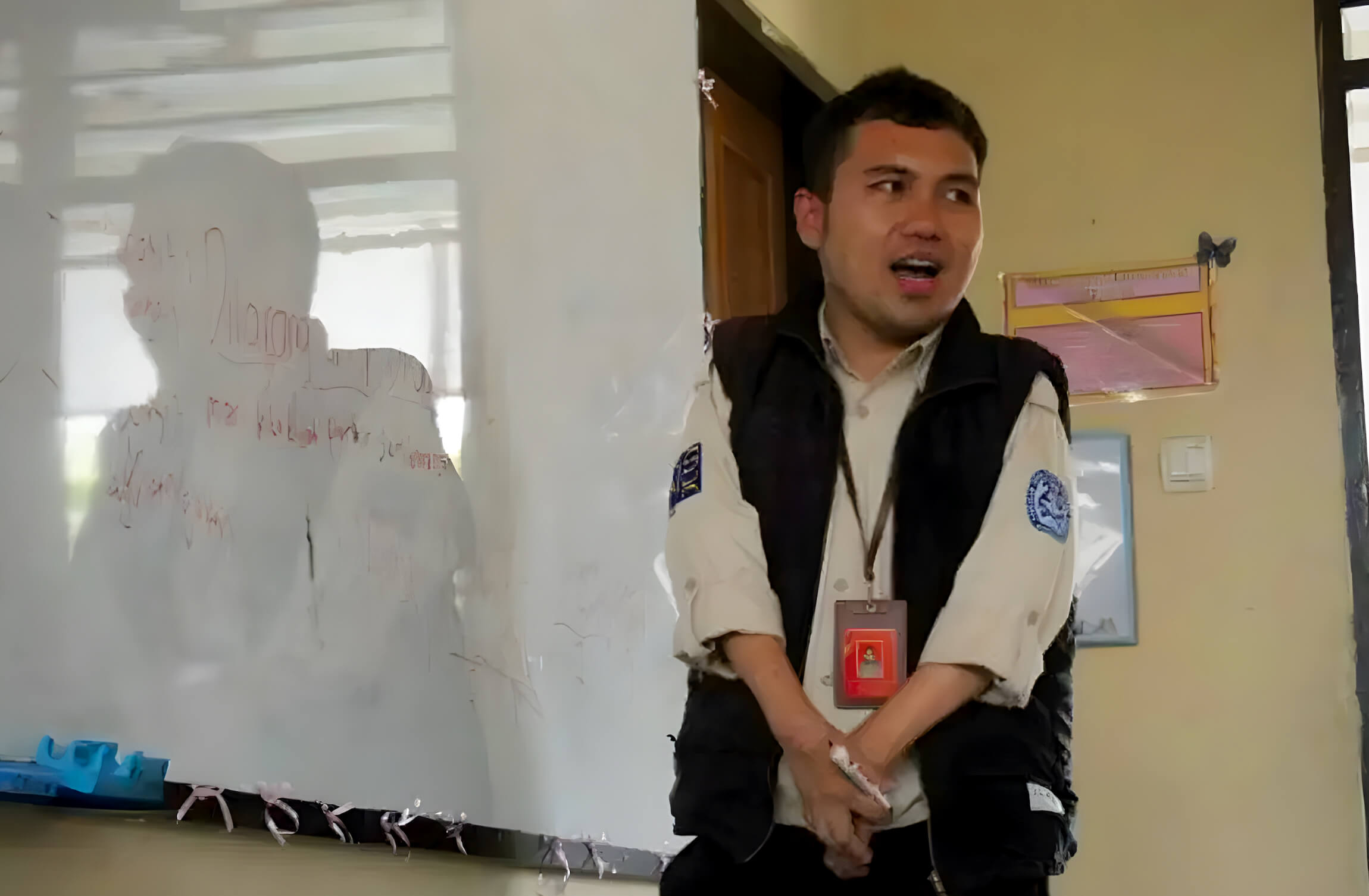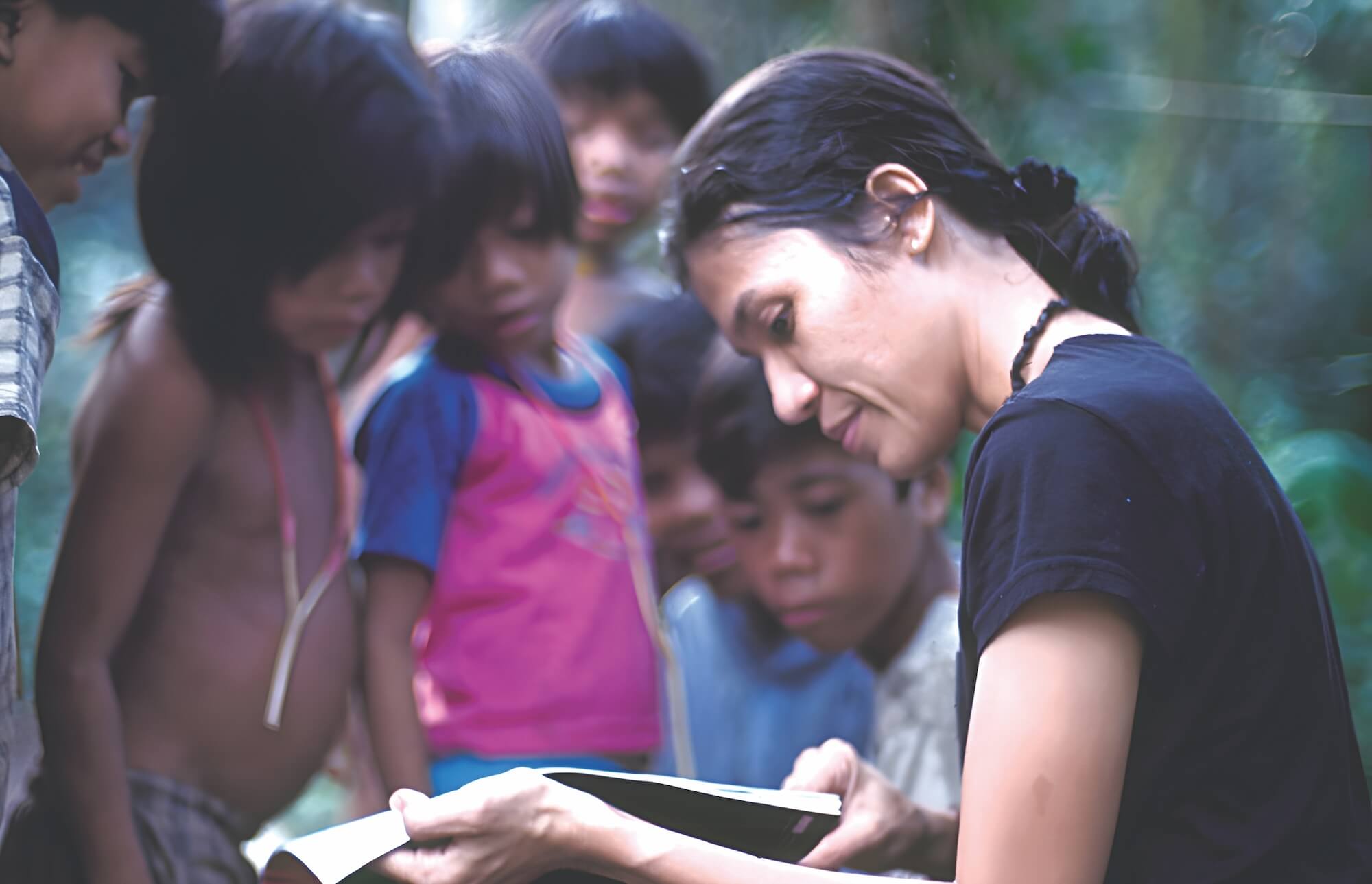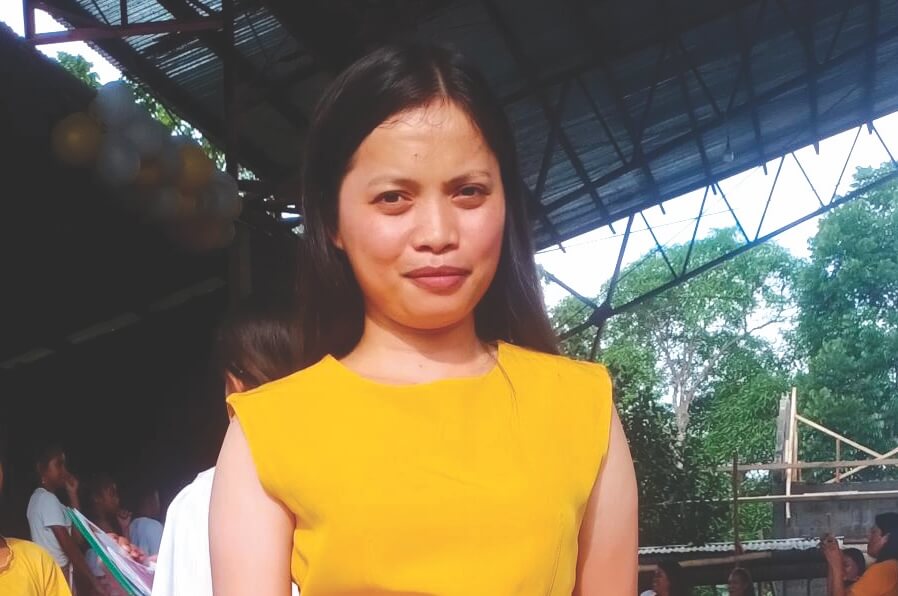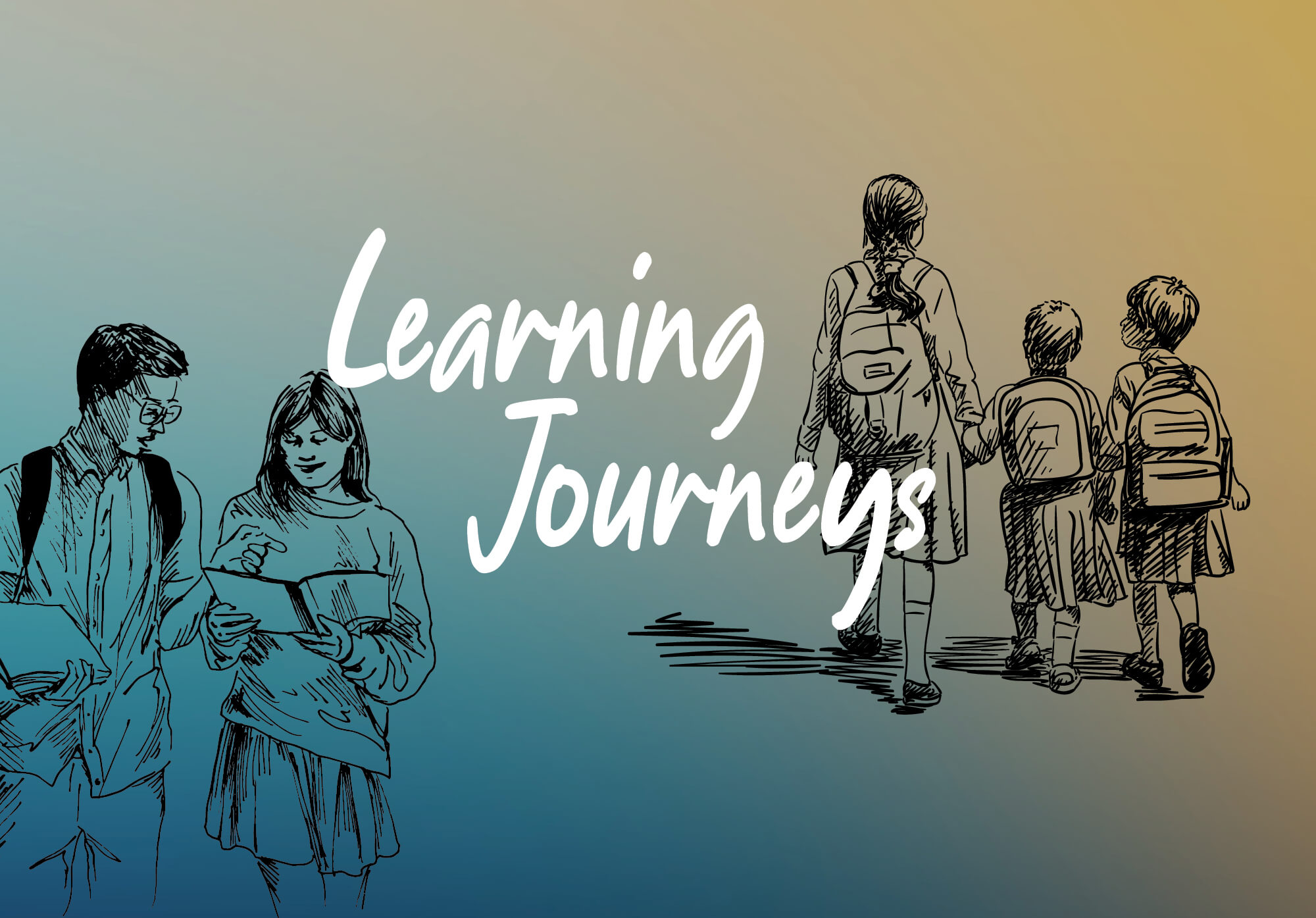



The ASEAN asked some of our ASEAN youth to share their motivations for studying and experience studying in a neighbouring ASEAN country. The respondents also reflect on how the experience shaped their perspectives of ASEAN and influenced their sense of regional identity.
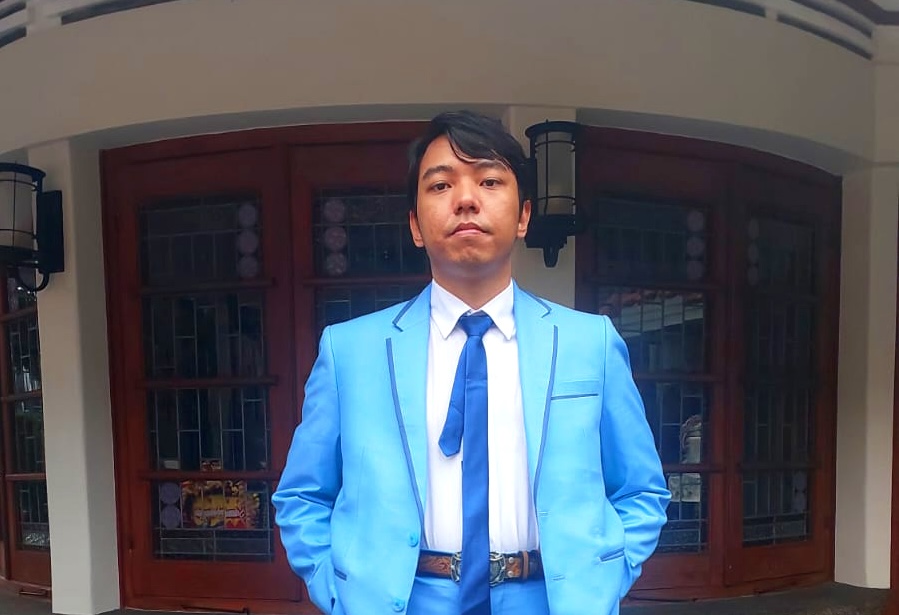
My parents sent me to the Philippines from 2003 to 2007 since it offered more affordable education. At the time, it had a shorter, four-year high school system instead of Indonesia’s three years of junior high and another three years of senior high. They also thought that studying in the Philippines would open up more opportunities to move to other countries (mainly the U.S.).
When I first entered the Philippines, my parents applied for a tourist visa for me. Upon arriving at my parents’ school of choice, we were provided with documents to arrange for a student visa. However, it would have been great for the school to arrange the visa for the student.
My experience abroad (in the Philippines) taught me that the Philippines and Indonesia have many similarities in food, traditional attire, language and, to some extent, folklore. Some Filipino values are similar to Indonesians, especially humility. My time in the Philippines also taught me that Indonesians and Filipinos are pretty similar. We do have some differences, but they can become a source to enrich or add to each other’s cultures instead of (creating) divisions.
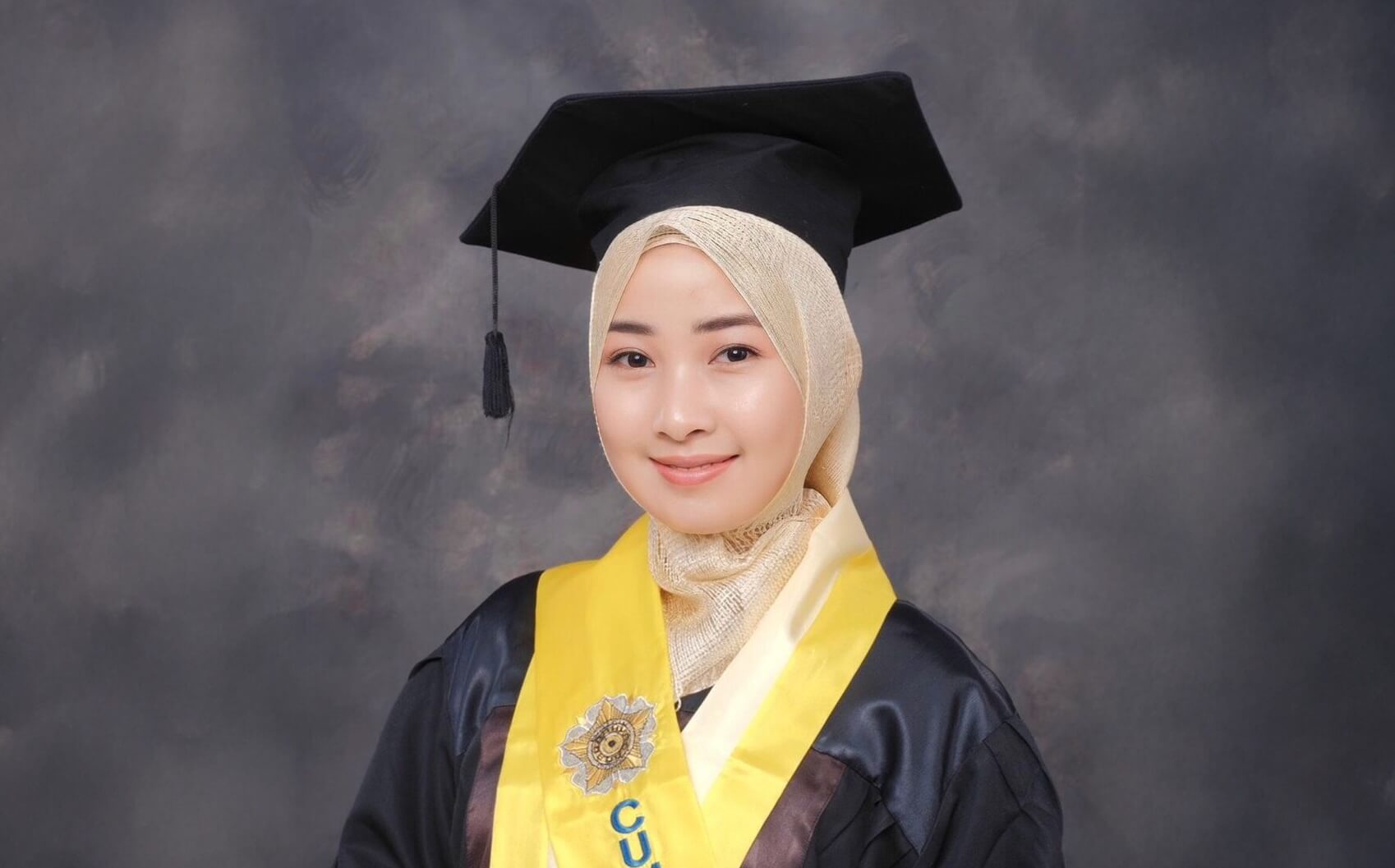
part of the Philippines, my eight years of studying and living in Indonesia have been transformative, offering me an in-depth understanding of Indonesian culture and invaluable insights into ASEAN’s regional dynamics. That experience motivated me to study in Indonesia—to explore the Indonesian language, culture, and society firsthand.
My journey began with an incredible opportunity provided by the Sukma Bangsa Foundation in partnership with United Youth for Peace and Development to pursue my senior high school education. This initial support allowed me to study at Sekolah Sukma Bangsa Pidie in Aceh, which ultimately became my route to the ASEAN+1 scholarship for my bachelor’s degree in International Relations at the prestigious Gadjah Mada University.
Throughout my time in Indonesia, I was fortunate to receive assistance from dedicated Indonesian staff, who were instrumental in guiding me through visa application processes and helping me adjust to the local culture. They ensured I had access to essential resources like cultural integration programmes and administrative needs, which made it easier to adapt to life in a new country.
Looking back, I believe visa requirements could be made simpler and there could be more structured support for international students. But Indonesians were there to lend a helping hand—they always prioritised and supported their international friends. Above all, my experience has taught me resilience and a deep appreciation for ASEAN’s diversity. Studying in Indonesia has not only enriched my academic journey but also strengthened my sense of ASEAN identity. It has shaped me both academically and personally, strengthening and deepening my sense of belonging within the ASEAN community. Through connections with peers from across the region, I feel more committed than ever to fostering understanding and collaboration within ASEAN.
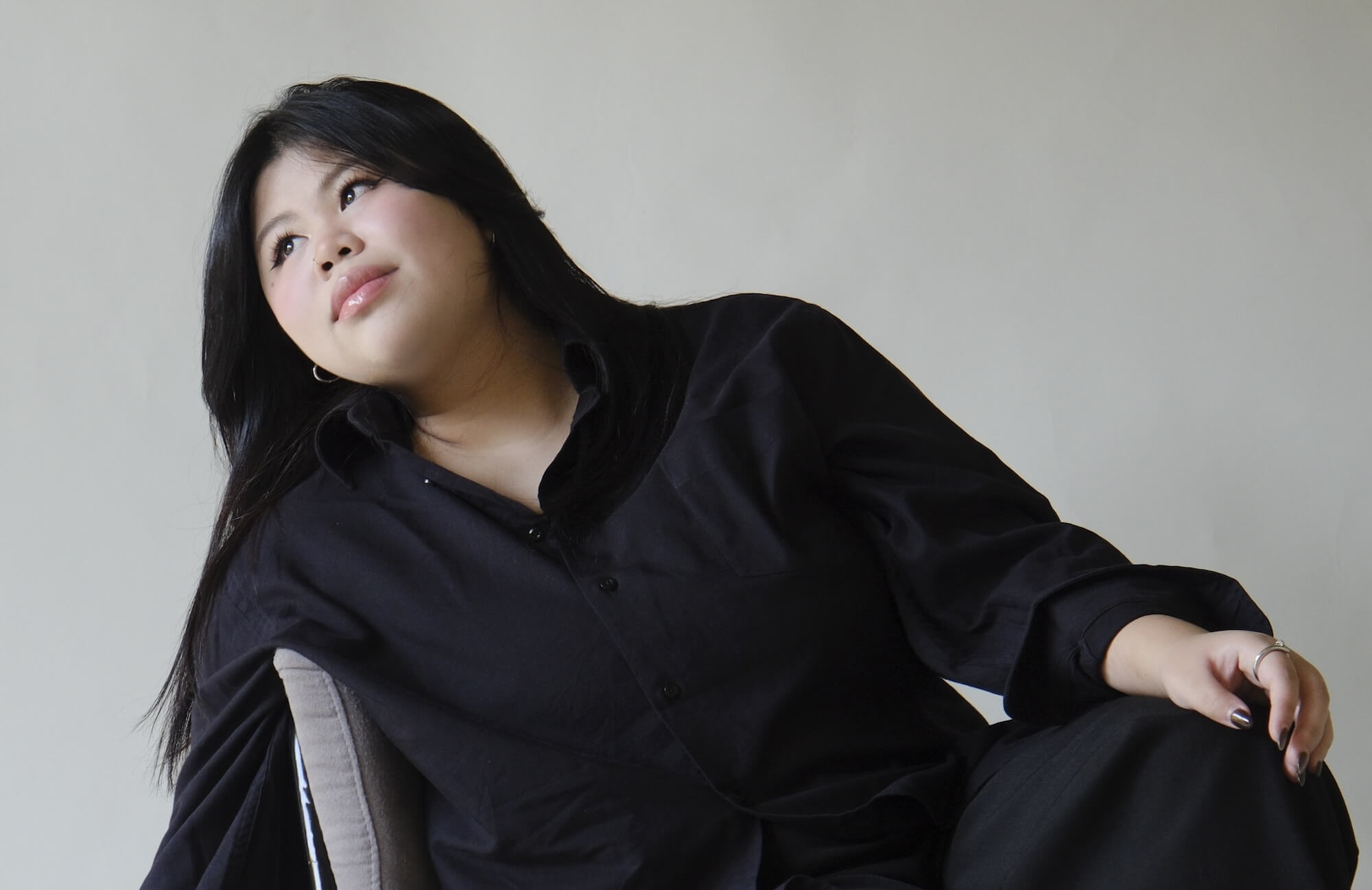
As a Vietnamese, when it comes to studying abroad, most people immediately think of European or American countries with their advanced education systems and abundant career opportunities. However, I chose Thailand as my destination for four years of university. My main motivation stems from my passion for film and advertising media.
During my exploration of this field, I realised that Thai media products have a distinct uniqueness. From movies to advertising campaigns, everything showcases creative thinking, a willingness to break norms, and deep layers of meaning. This factor greatly inspired me and drove me to Thailand to learn more.
By choosing to major in Communication Arts–Innovative Media Production study at Bangkok University, I hope to develop my creative abilities and learn how to produce impressive media content. This isn’t just for my personal career goals. I also want to prove that ASEAN countries like ours have their own strengths and special qualities. With the knowledge and skills I acquire, I aim to change the perception that ASEAN is somehow inferior to Western nations. Studying in Thailand is not just a learning journey but a journey of self-discovery and exploring the unique values that the ASEAN region has to offer.
My process of applying for a student visa to Thailand was quite smooth and straightforward. The procedures weren’t overly complicated, and the costs weren’t a burden. This has made it easier for many students who want to study in Thailand. The tuition fees in Thailand are also quite affordable, making it more accessible for many people to consider studying there. However, there are still some aspects I believe could be improved to make the journey of studying abroad even more perfect.
One of the issues I noticed is that Thailand does not currently allow international students to work part-time during their studies. While I understand that this rule emphasises the importance of focusing on education, working part-time offers valuable real-world experience and the opportunity to develop skills that schools can’t always teach. Part-time work not only helps students gain experience but also provides financial support for international students.
Additionally, job opportunities for international students after graduating in Thailand are still limited. There are often stringent conditions, such as requiring fluency in Thai or, for multinational companies in Thailand, having prior work experience before applying. As a result, most students tend to return home to gain work experience before seeking another opportunity to apply for jobs in Thailand. Only a few lucky ones truly find employment there after graduating. However, despite these challenges, studying in Thailand gave me four years filled with incredible experiences. Even now, after graduating and returning home, I still fondly remember those student days in Thailand.
Studying in Thailand has brought me countless lessons and fresh perspectives, not just academically but also in terms of how I understand and interact with other ASEAN cultures. Living in another ASEAN country broadened my horizons, from experiencing local customs and traditions to accessing a different but highly creative and flexible education system. Studying in Thailand made me realise that cultural differences should not only be respected but can also become a source of strength for the ASEAN community.
One of the most valuable lessons I gained was the spirit of unity and mutual respect among countries in the region. During my time in Thailand, I not only learned how to integrate and understand the locals but also built relationships with students from other ASEAN countries. The academic and extracurricular activities throughout my study journey helped me see how countries in the region can cooperate, share, and support each other for mutual development. Workshops, multinational group projects, and field trips offered me a comprehensive and profound understanding of the connections and bonds within the ASEAN bloc.
My experience studying in Thailand also made me realise the similarities between Viet Nam and Thailand, from hospitality and family values to a shared love of cuisine. This made me feel a sense of closeness and connection to the cultures within the region. Understanding and experiencing these common values deepened my sense of ASEAN community spirit and sparked a desire to contribute to regional cooperation and growth. I understand that a strong ASEAN community relies not only on economic or political agreements but also on the connections among its people. Studying abroad serves as a bridge for us to build a united and sustainable ASEAN bloc collectively.

I grew up in a small, rural town and dreamed of studying abroad ever since middle school. Being the very first generation who ever studied abroad in my family, the idea was quite new and unfamiliar to us. When I was 18, I decided to study in Indonesia for my university education. My parents were understandably concerned, as they thought I was too young to be away from home. However, there were several reasons why I chose an ASEAN country for my studies. The first reason ASEAN is becoming my destination for studying abroad is geographical proximity and distance. The relative closeness meant that my parents could visit me easily if needed, and they felt reassured knowing they could reach me quickly in case of an emergency. Secondly, though each ASEAN country has its own unique culture and heritage, I didn’t experience a significant culture shock. The way of life in these countries felt somewhat familiar. The similarities in lifestyle and values helped me settle in without feeling overwhelmed. Lastly, the universities in ASEAN offer high-quality education, with some institutions even ranking among the best in the world. I could receive a top-tier education while also enjoying the benefits of studying in a region that felt more approachable and welcoming, both culturally and geographically.
The process of studying abroad in ASEAN, particularly in Indonesia, is both exciting and challenging. One of the most complex aspects was obtaining a student visa, which involved navigating a complicated system of bureaucratic procedures. While the process was time-consuming, a major difficulty I encountered was the language barrier. Most of the official documentation and online procedures were written in Indonesian, which made it hard to fully understand what was required, despite my efforts to read the instructions online. It would have been much easier if the official websites and guidelines from the authorities were available in English. Another challenge I encountered was the lack of information about universities in the ASEAN region, particularly those outside of Singapore and Thailand. Many students are not aware of the high-quality institutions in countries like Indonesia, Malaysia, or Viet Nam. This information gap makes it difficult for students to explore all their options. I believe more efforts should be made to promote the diverse range of universities across ASEAN, emphasising their strengths and academic offers. Additionally, there is a need for more networking and exchange programmes in the region. Initiatives like ASEAN camps or student exchanges could help foster closer ties between students from different countries, encouraging cultural exchange and building stronger regional connections.
Studying in Indonesia has been an eye-opening experience that has significantly strengthened my sense of belonging to the ASEAN region. One of the most valuable lessons I’ve learned is how rich and diverse Indonesia’s culture is and how deeply the people here are committed to preserving and promoting their traditions. My university organised excursions for international students to experience traditional art forms like Batik and Wayang Kulit, visit paddy fields, and learn about other aspects of Indonesian culture. These experiences gave me a deeper appreciation of Indonesia’s heritage and its cultural richness. What truly made my time in Indonesia special was the kindness and warmth of the Indonesian people. I was welcomed with such genuine hospitality that I never felt like an outsider. The generosity and kindness of the locals left a lasting impression on me. Through these interactions, I learned what true kindness means and how important it is to show appreciation for others. This experience has inspired me to be kinder and more appreciative in my own life. It has also motivated me to preserve and promote the culture and traditions of my own country, just as Indonesia has done so successfully.
I think that ASEAN countries share a lot of similarities and values, which makes it easier for us to relate and foster regional cooperation. I believe that by learning from one another and celebrating our diversity, we can build a more inclusive and resilient region and strengthen our relationships.
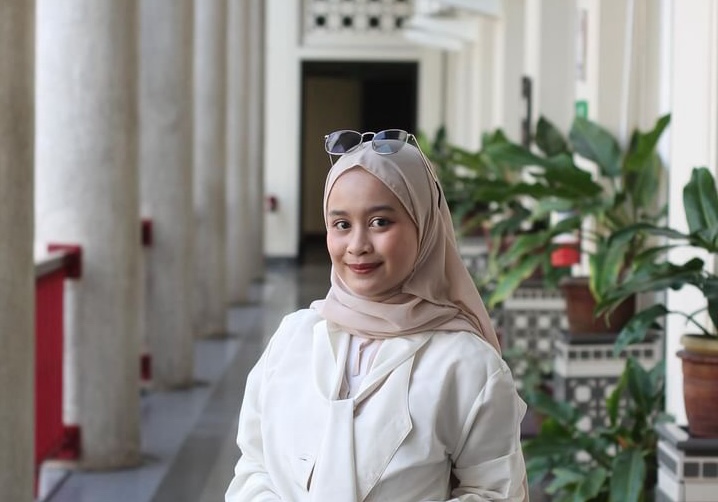
As an individual who wants to be a lifelong learner, I am motivated to learn new things, both in theoretical and practical aspects. As an international relations student, the theories I learned in class seem incomplete without practical observation in the real world. Unfortunately, the various regional study courses I participated in at Gadjah Mada University, all of them were not possible for me to take. Europe, the United States, Japan, and China are too far away for me to experience, after all. What about the surrounding countries? The funny thing is I have never taken the Southeast Asia area studies course during the past six semesters. Close by and overlooked, universities in ASEAN countries became an option for my new learning experience.
After some research, I could not deny that Singapore is very attractive with its education system, which consistently ranks high among other countries. I was convinced that Singapore would provide a new learning experience and a cultural experience that would allow me to immerse myself in a very diverse group of people. However, the fact that Singapore is the only developed country in the ASEAN region will open up new perspectives, both in the classroom and outside the classroom. How do educational institutions in Singapore construct their students’ knowledge? How do Singaporeans view the world? How do Singaporeans perceive other countries? And many more questions that motivated me to study in Singapore! Finally, my passion for taking on new challenges and making international connections also drove me to make a decision to study abroad.
My experience of applying to study at the National University of Singapore was a long process. Of course, I am very grateful for the various student exchange scholarship information from the Office of International Affairs Gadjah Mada University (OIA UGM), which reflects the cooperation between universities. The application process for the DiscoverNUS programme was not too difficult with the help of OIA UGM and the National University of Singapore. Then, it was time for me to apply for my Student’s Pass via the Immigration and Checkpoints Authority (ICA) e-Service. The whole application process was a breeze, thanks to the wonderful ICA e-Service. However, this being my first time travelling abroad, the Student’s Pass process was terrifying for me. Initially, I thought that Singapore would not enforce visas for students from ASEAN countries. As it turns out, the Student’s Pass is what we call a student visa in Singapore. As an exchange student facilitated by a scholarship, the cost of paying for the Student’s Pass was quite a lot. I was quite happy with the ICA platform, which made the enrollment process very easy. The Student’s Pass in the form of an electronic card also made it convenient for me not to have to carry my passport around as the Student’s Pass on the ICA app already represented my identity.
The longer I’m in Singapore, the less I recognise ASEAN! At the National University of Singapore, I took five courses, one of which was “The Lands Below the Winds: Southeast Asia in the World.” It’s an interesting sentence that made me even more tempted to learn about ASEAN through my experience in Singapore. It made me ask, “What makes Southeast Asia Southeast Asia? What do people have in common?”. Before embarking on my journey in Singapore, I was pretty sure that cultural background was the factor that united the countries as one ASEAN. However, my learning experiences and explorations did not reflect the same answer. Singapore itself is a melting pot in the ASEAN region, and I find it difficult to understand its distinctive characteristics.
My experiences interacting with exchange and international students from other ASEAN countries also show that there is no single characteristic that truly defines ASEAN. However, this is an exciting thing! Even without knowing the similarities of our cultural backgrounds, I seemed to have an antenna that was automatically connected to interact with friends from other ASEAN countries. I regret that I overlooked the opportunity to learn more about ASEAN countries in the past. My interactions with my friends motivated me to explore other ASEAN countries in the future. Singapore alone has given me a lot of new insights: an education system that provides freedom for youth, an effective government system, order in social life, payment systems in daily economic activities, food and beverage flavours from various cultures, clothing trends, and local perspectives on international issues. Thus, I can say that my study experience in Singapore opened up a wide opportunity for me to deepen my knowledge about ASEAN.
The responses have been slightly edited for length and clarity.
The views and opinions expressed in this article are solely those of the respondents and do not reflect the official policy or position of ASEAN.




